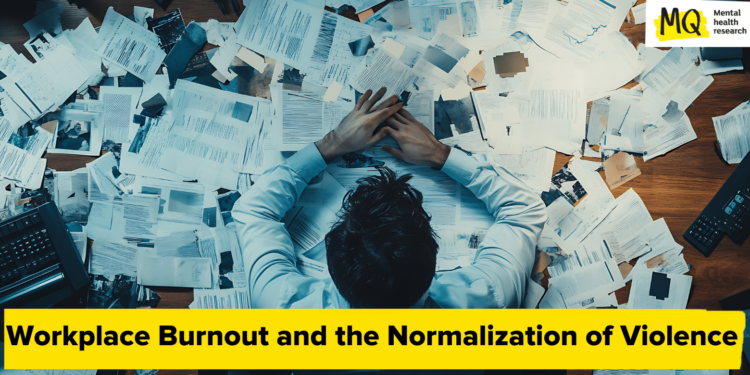The research additionally highlighted the protecting function of perceived organisational help. Staff who felt valued and cared for by their employers had been much less more likely to undertake extremist views, even when scuffling with burnout. Nonetheless, help was simplest earlier than unfavourable feelings took maintain, making early intervention important.
The findings underscore the necessity for organisations to spend money on prevention methods – selling equity and transparency, recognising staff’ contributions, coaching managers to identify early indicators of burnout, and creating secure channels for suggestions. Past the office, broader perceptions of injustice in society may intensify extremist sympathies, notably when persons are already mentally exhausted.
Finally, burnout is greater than office fatigue. It displays an existential vulnerability that, if ignored, can create fertile floor for radicalisation. A office that fails to supply that means and recognition dangers leaving staff to seek for it elsewhere – with extremist ideologies usually ready to fill the void.








Discussion about this post